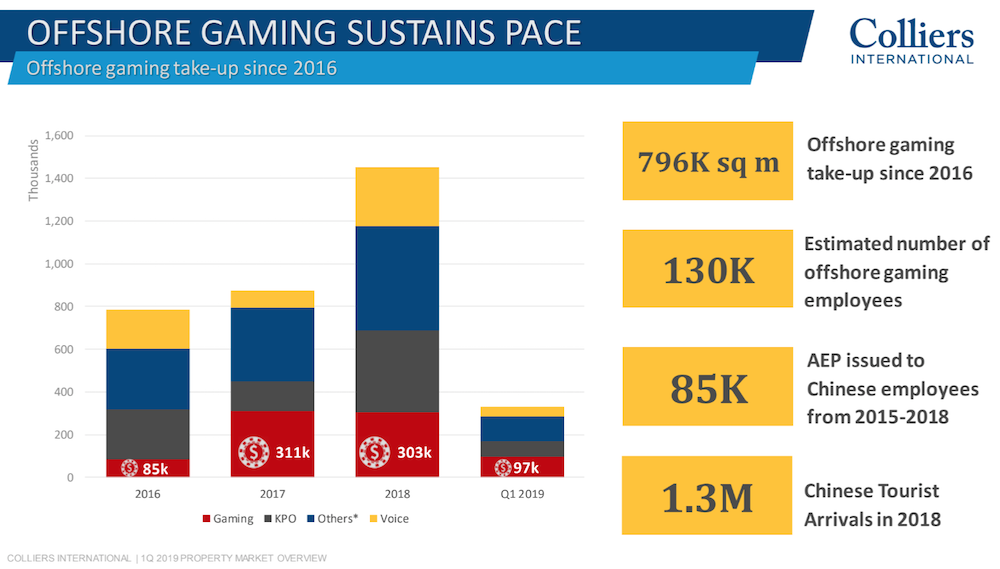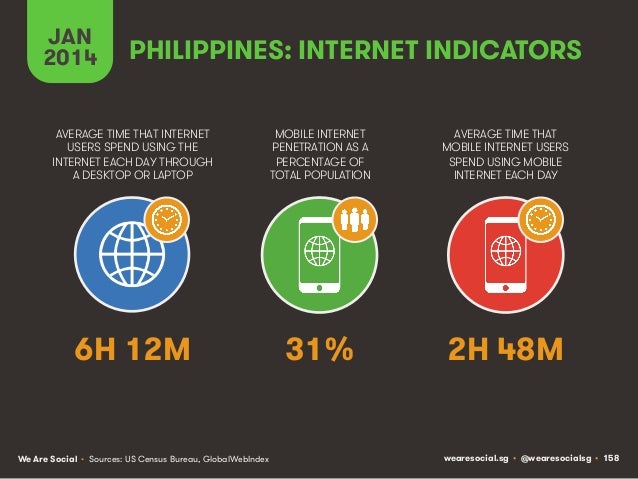Statistics available from other government bodies which measure and report on the gambling market. Gambling participation and problem gambling We regularly collect data on gambling both in terms of information about the consumer and the method they choose to gamble. Of gambling activities were 4D (42%), Toto (36%), Singapore Sweep (18%) and Social Gambling (21%) (see Annex B, Table B2). Betting Amounts 8. The median monthly betting amount in 2017 was $30, which was slightly higher than $20 in 2014 (see Annex B, Table B3). The results show that most Singapore Residents were gambling with a similar. Online gambling not allowed, strongly restricted & controlled but despite tight restrictions, sports betting and gambling are very popular. Pachinko gambling is a big money business.
Our Story
How it began.

Singapore’s Cybersports & Online Gaming Association (SCOGA) was founded by a group of enthusiastic gamers and leaders who wanted to make a difference in the local gaming scene, especially in developing the local esports scene.
SCOGA was formally registered with the Registry of Societies on Feb 2008 and over the years, more than one million have taken part in our events in person and more than six million unique visitors have visited our events online.
SCOGA is one of the most trusted esports organisation in Singapore, with more than 10 years of experience serving and building the local esports ecosystem.
Campus Game Fest
Community & LifestyleOur recent projects
Community
[email protected] Esports 2020Mar 2020
[email protected] Esports 2020 is one of the largest grassroots level, community Esports event.Held in partnership with [email protected], SCOGA undertook an advisory role in overseeing the success of the event.
Esports Fiesta @ Hillview CCJan 2020
Organised by the Bukit Gombak CSC. Supported by SCOGA and Republic Polytechnic. Esports Fiesta is a community esports event catered for the Bukit Gombak - Hillview resident. As part of the working partnership with Republic Polytechnic, students from the School of Sports, Health and Leisure executed the event.
Education
Esports Preparatory WorkshopJul 2019
Working closely with Mediacorp, the academy ran a two-day crash course on the esports industry in preparation for the broadcasting of esports relevant content on local television.
Running the workshop for 15 individuals from different departments within Mediacorp, the bespoke workshop covered concepts that would help these industry experts in broadcasting better understand the nuances of esports broadcasting.
Working with counsellors from the Ang Mo Kio region, the workshop for counsellors consist of topics we felt were more relevant to the counsellors after a quick chat to understand the areas of interest. The workshop touched on topics regarding how to engage youths through esports, understanding general habits and behaviours of youth gamers as well as an introduction to esports and the industry.
< />To this date, we have worked and partnered with many education institutions, organisations and industry corporations.
Cybersports & Online Gaming Association (Singapore)
Have a question? Reach out to us: info[at]scoga.org
Last updated: 08/5/2019
Author: Addictions.com Medical Review
Reading Time: 3minutes
Even without the physical triggers so commonly associated with drug addiction, gambling disorders can wreak just as much havoc in a person’s life. While drug addiction works as a substance-based disorder, gambling addictions have more to do with a lack of impulse control.
Gambling addiction often affects people who also struggle with alcohol abuse.

Ultimately, it’s the loss of control that defines addictive behavior regardless of the substance or activity involved. Gambling addiction statistics present this “loss of control” factor in a stark and alarming light.
Gambling addiction statistics show how problem gambling can up-end a person’s life in more ways than one. Not unlike other types of addiction, people most susceptible to gambling also suffer from other disorders of which they may or may not be aware.
Probably the most glaring revelation to be had from gambling addiction statistics lies in the consequences that result when gambling disorders go untreated.

1. Gambling Trends
As with all types of data, certain trends or patterns of behavior start to surface within a given population. Gambling addiction statistics are no different. Some of the more prevalent gambling trends show:
- The likelihood of developing a gambling addiction increases 23-fold for people affected by alcohol use disorders
- Over 80 percent of American adults gamble on a yearly basis
- Three to five gamblers out of every hundred struggles with a gambling problem
- As many as 750,000 young people, ages 14 to 21 have a gambling addiction
2. Gambling & Criminal Activity
As far as gambling and criminal activity goes, gambling addiction statistics reveal a direct correlation between the severity of a gambling addiction and the likelihood of committing crimes. Rates of gambling addiction for criminal offenders far exceed rates found among non-offenders. On average, an estimated 50 percent of those affected by gambling problems commit crimes in order to support their addiction.
3. College Gambling
Gambling addiction statistics show people between the ages 20 and 30 have the highest rates of problem gambling.
- 75 percent of college students report having gambled during the past year
- The risk of developing a gambling addiction more than doubles for young adults in college settings
- An estimated six percent of American college students struggle with gambling problems
4. Gambling & PTSD Trends
People affected by post-traumatic stress disorder or PTSD live with high levels of stress and anxiety on a daily basis. Gambling addiction statistics show high rates of gambling addiction among PTSD sufferers.
- PTSD symptoms affect anywhere from 12.5 to 29 percent of problem gamblers
- 34 percent of those who seek treatment for gambling addiction exhibit symptoms of PTSD

5. Gambling & Mental Illness
As addictions, in general, alter brain chemical functions in destructive ways, people struggling with gambling addiction have a higher likelihood of developing mental disorders. Gambling addiction statistics show a high incidence of certain types of mental illness, some of which include:
Online Gambling Singapore Statistics Today
- Depression disorders
- Anxiety disorders
- Substance abuse disorders
- Anti-social personality disorder
Online Gambling Singapore Statistics Since
As with any other type of addiction, a gambling addiction can only get worse when left untreated.